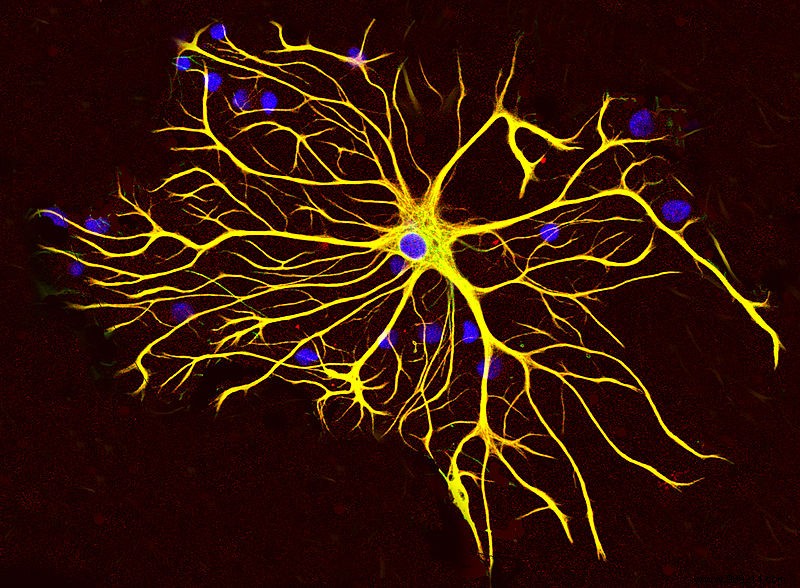Suicide represents the most tragic outcome of depression. Recent research highlights a key commonality in the brain's cellular makeup among those who died by suicide due to depression: astrocytic dysfunction.
Major depressive disorder, often called clinical depression, carries suicide as its most severe risk. A 2014 French Academy of Medicine study reported that 5 to 20% of depressed individuals die by suicide, with men facing three times the risk compared to women. While depression has multiple causes, a new study published February 4, 2021, in Frontiers in Psychiatry sheds light on one: astrocytic dysfunction.
Scientists at McGill University's Douglas Mental Health University Institute in Quebec, led by co-author Naguib Mechawar, PhD, analyzed postmortem brain tissue. They found significantly fewer astrocytes—essential support cells that maintain neuron function—in several brain regions of adults with depression who died by suicide. A 2017 study had previously linked astrocytes to our biological clock, underscoring their importance.

These insights came from rigorous postmortem analyses, highlighting the value of brain tissue donation for research. Such contributions help uncover cellular and molecular mechanisms behind psychiatric disorders, paving the way for improved treatments.
The study compared brain tissue from two groups: those who died suddenly without psychiatric illness and depressed individuals who died by suicide. Researchers quantified astrocytes in brain cross-sections under microscopy across various regions.
Current antidepressants do not directly target astrocytes, but this research opens doors to new therapies. Encouragingly, astrocyte structure remained intact in both groups, suggesting a focus on boosting astrocyte production in depressed patients could be effective.
A key limitation: all samples were from males. Future studies will include female tissues for broader insights.